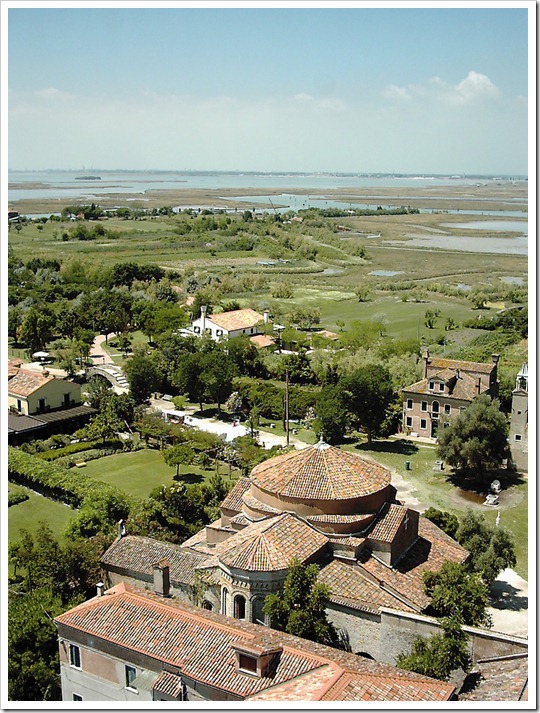How to use the Past Conditional in Italian Posted by Serena on Oct 22, 2014 in Grammar
Last week we took a look at the present conditional, which, if you missed it, you can find HERE. Today we are going to look at il condizionale passato (the past conditional). Here are a couple of examples of how we conjugate it, firstly with the auxiliary verb essere (to be):
| Coniugazione del verbo essere: | Conjugation of the verb to be: |
| io sarei stato/a tu saresti stato/a lui sarebbe stato lei sarebbe stata noi saremmo stati/e voi sareste stati/e loro sarebbero stati/e |
I would have been you would have been (sing, inf.) he would have been she would have been we would have been you would have been (plural) they would have been |
This second example is built with the auxiliary verb avere (to have):
| Coniugazione del verbo avere: | Conjugation of the verb to have: |
| io avrei avuto tu avresti avuto lui/lei avrebbe avuto noi avremmo avuto voi avreste avuto loro avrebbero avuto |
I would have had you would have had (sing, inf.) he/she would have had we would have had you would have had (plural) they would have had |
The past conditional is used:
1. to express a regret:
avrei dovuto seguire il consiglio di mio padre! = I should have followed my father’s advice!
sarebbe stato meglio partire ieri = it would have been better to leave yesterday
me lo sarei dovuto immaginare! = I should have imagined that/it!
2. to express disbelief, incredulity:
chi l’avrebbe mai detto! = who would ever have thought it! (literally: who would have ever said it!)
l’avresti pensato che era così antipatico? = would you have thought that he he could be so unfriendly? (literally: that he was so unfriendly)
chi l’avrebbe mai immaginato che la torre di Pisa pendeva così tanto! = who would ever have imagined that the tower of Pisa leaned so much?
 |
| La Torre di Pisa. Photo: (CC) by Maxime Guilbot |
3. to report a piece of news that has not been verified, or that we have doubts about:
la notizia sarebbe stata diffusa di proposito dalla polizia = it is thought that the news has been spread by the police on purpose (literally: the news would have been spread)
secondo i giornali il presidente della società avrebbe presentato le dimissioni = according to newspapers the president of the society has handed in his resignations (literally: would have handed in)
alcune fonti internazionali riferiscono che ci sarebbe stato un colpo di stato in Antartide = some international fonts report that there has been a coupe in the Antarctic (literally: there would have been a coupe)
4. to say what we would have done if the conditions had been different:
se fossimo stati più ricchi avremmo comprato una casa al mare in Liguria = if we had been richer we would have bought a house on the coast in Liguria
se avessi avuto più tempo a Venezia, mi sarebbe piaciuto visitare anche l’isola di Torcello = If I had had more time in Venice, I would have liked to have visited the island of Torcello as well
se ieri non avesse piovuto il bucato si sarebbe asciugato completamente = if it hadn’t rained yesterday the washing would have dried completely
 |
| Torcello. Photo: (CC) by John W. Schulze |
5. to express the future in the past:
Maria mi ha detto che oggi sarebbe andata a Sarzana = Maria told me that she would go to Sarzana today (literally: today she would have gone to Sarzana)
non immaginavo che ci sarebbe voluto così tanto tempo = I didn’t imagine that it would take such a long time (literally: it would have taken)
ho chiesto a Giorgio quando sarebbe tornato da New York = I asked Giorgio when he would come back from New York (literally: when he would have come back)
As usual, if you have any questions please leave a comment.

Build vocabulary, practice pronunciation, and more with Transparent Language Online. Available anytime, anywhere, on any device.




Comments:
June:
Ci piace tantissimo l’ isola di Torcello–specialmente La Locanda Cipriani e le due grandi chiese (una infatti una basilica). Grazie per la foto! JS
Yolanda:
This is something I get wrong every single time I try to use it – every time!
I just need to spend the time for it to properly soak into my brain and hopefully it will come out right when I need it next time.
Great, informative post to give me the extra push to actually sit down and learn it properly! Thanks, Yolanda.